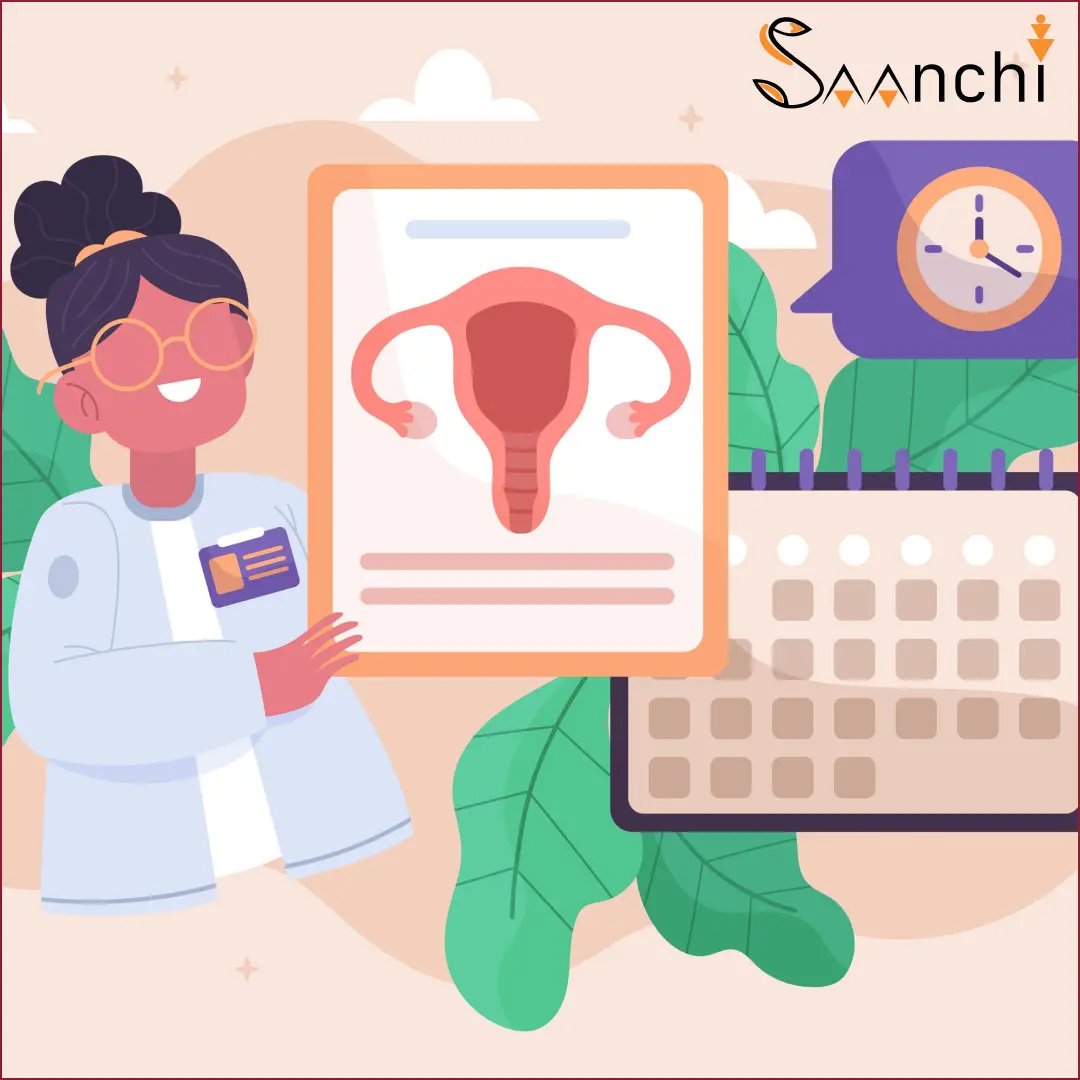Menstrual hygiene, awareness, and sanitation facilities play a pivotal role in shaping the educational landscape in India. Despite progress in various sectors, the lack of access to sanitary products and inadequate sanitation facilities continues to affect millions of menstruators across the country. Let’s delve deeper into how these factors impact education and what initiatives like Saanchi are doing to address these challenges.
The Reality of Menstrual Hygiene in India
In India, a shocking statistic reveals that less than 20% of menstruating women use sanitary pads, with many resorting to unhygienic materials like cloth, leaves, or ashes. This not only poses health risks but also restricts menstruators from attending school or engaging in daily activities during their periods. The stigma and taboo surrounding menstruation further exacerbate the situation, leading to a lack of awareness and support.
Impact on Education
The consequences of inadequate menstrual hygiene and sanitation facilities are dire, especially for female students. Female teacher absenteeism due to menstruation-related issues leads to disruptions in the education system, with around 23 million girls dropping out of school annually. This dropout rate not only deprives girls of education but also hinders their overall development and future prospects.
Challenges Faced by Menstruators
Menstruators, particularly in rural and remote areas, face significant challenges in managing their periods at school. The lack of private bathrooms, running water, and disposal bins makes it difficult for them to change sanitary wear hygienically. This, coupled with the absence of menstrual education and sensitization among teachers and peers, creates a hostile environment for menstruating students.
Saanchi Initiative
Saanchi is an initiative of DDWO (Draupadi Devi Welfare Organisation) serving societies under the wings of Sree Metaliks Ltd. The initiative recognizes the urgency of addressing menstrual hygiene and sanitation issues in schools. Through seminars, workshops, and the distribution of affordable sanitary napkins, Saanchi aims to empower menstruators to attend school confidently and without fear of stigma or discomfort. By promoting awareness and providing practical solutions, Saanchi is contributing to the larger goal of ‘education for all.’
The Way Forward
Improving menstrual hygiene and sanitation facilities is not just a matter of health but also a fundamental right that impacts education, dignity, and gender equality. Initiatives like Saanchi highlight the importance of holistic approaches that involve education, infrastructure development, and community engagement. Together, we can create an environment where menstruation is no longer a barrier to education but a natural part of life that is embraced with dignity and respect.
In conclusion, addressing the lack of menstrual hygiene, awareness, and sanitation facilities is crucial for ensuring inclusive and equitable education in India. Let’s continue to work towards a future where every menstruator can pursue education without barriers or discrimination.


